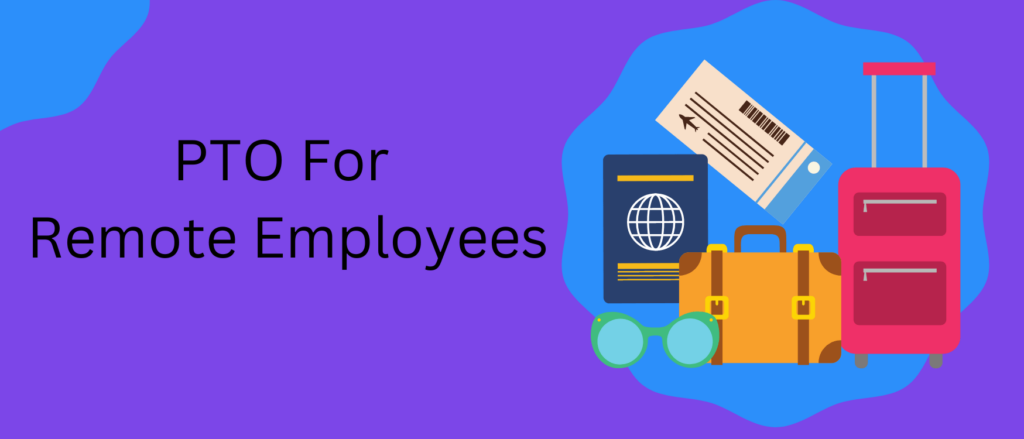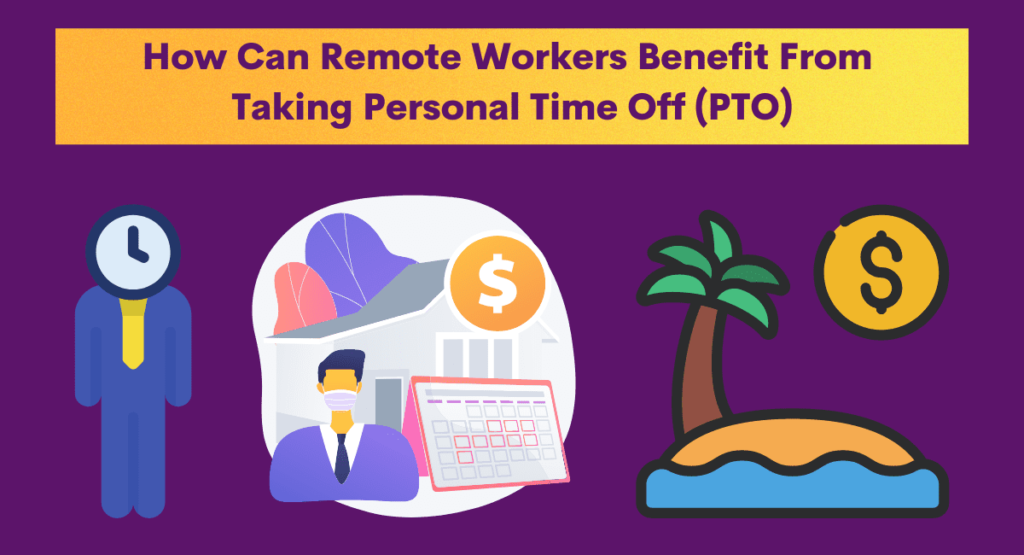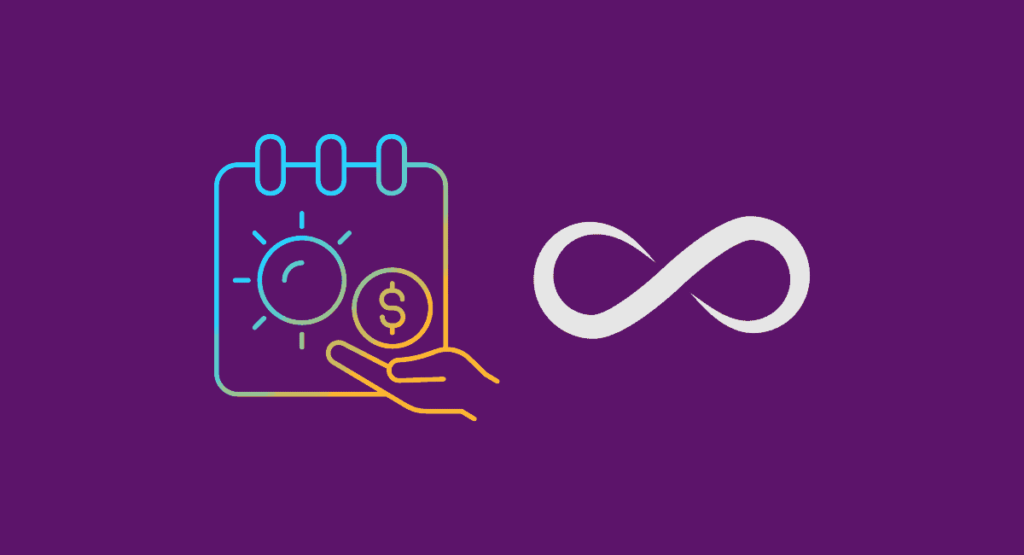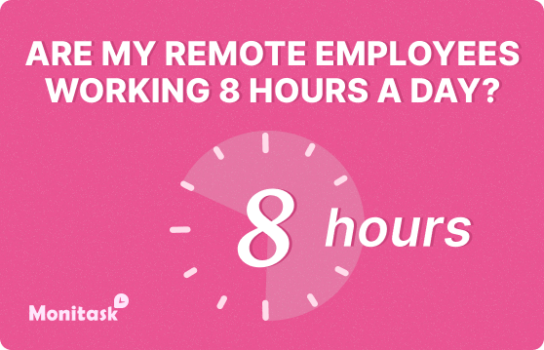How Can Remote Workers Benefit From Taking Personal Time Off


Did you know remote workers also need Personal Time Off (PTO)? Many remote companies have different policies when it comes to time off.
Some allow employees to take unlimited time off as they want, while others have a set only number of days employees are allowed to take each year.
No matter your policy, it’s important to understand the benefits of taking PTO.
We will discuss the benefits of PTO and how remote workers can benefit from taking time off!
The rise of remote work

“PTO, Vacation Time, Time off, mental health days, and personal day offs should be STANDARD. Not things seen as luxuries.” Bambi.
Human resource management has seen a recent shift in how work is accessed and done. With the rise of technology, human resource management has had to adapt to changing times by allowing employees to work remotely.
Remote working has caused a great debate on whether this is good or bad for businesses. There are advantages and disadvantages to working remotely that human resource management must consider when deciding to allow remote work.
The advantages include increased productivity, decreased costs, and a larger pool of applicants. The disadvantages include fewer opportunities for collaboration, communication difficulties, and time zone differences. Companies must evaluate these pros and cons before allowing remote work to make the best decision for their business.
Allowing remote work could increase productivity because employees have more control over their environment and distractions.
It can also lead to significant cost savings for businesses because they would not have to provide office space or equipment for remote employees.
Additionally, it gives businesses a larger pool of applicants because the location does not limit remote workers.
However, there are also some disadvantages that human resource management must take into consideration, such as the potential for decreased collaboration and communication among employees.
Additionally, time zone differences can make coordinating team meetings or deadlines difficult. Employers must evaluate all of these factors before deciding whether or not to allow remote work within their organization.
Personal time off for remote workers

Remote workers in any companies worldwide also have the same Personal Time Off (PTO) entitlement as on-site employees. PTO is mostly for vacation, personal, or sick days.
The amount of PTO employees receive is based on company PTO policy, length of employment, and position. Remote workers are often given the same PTO as on-site employees, but some companies have different paid time off policies for remote workers.
Some companies allow remote workers to take as much paid time off PTO as they want, while others only allow for a specific number of days employees are allowed to take each year. Understanding your company’s paid time off policy is essential before taking time off.
There are many benefits to taking PTO if you are a remote worker. Personal time off can help you relax and recharge, increasing productivity when you return to work.
PTO can also help reduce stress levels, positively impacting your overall health. Additionally, taking time off can allow you to pursue other interests and hobbies, leading to a more well-rounded life.
Overall, there are many benefits to taking Personal Time Off as a remote worker. If you are considering taking PTO, be sure to understand your company’s policy.
What is PTO?
Personal Time Off (PTO) is time away from work for vacation days, illness, or personal business. PTO days depend on the company’s policy.
Why Do Remote Workers Need PTO?

Just because remote workers are not physically in an office does not mean they do not need time away from work. Remote workers may need PTO more than on-site workers. Remote workers need PTO because working remotely can often lead to feeling isolated and lonely. Personal time off can help reduce stress and promote a better work-life balance.
How Do Remote Companies Handle Personal Time Off?
Remote workers often have a more flexible approach to PTO. Some companies allow their employees to take PTO whenever they want, as long as they finish their work. Other companies have set days or periods when employees can take PTO.
No matter the policy, it is essential for remote companies to encourage their employees to take PTO. Personal time off is essential for both mental and physical health. It can also lead to a more productive and engaged workforce.
The Benefits of PTO

There are many benefits to offering PTO to employees in terms of company culture and employee productivity. PTO policy shows that a company. The benefits for companies that have PTO policy are:
- Companies with good PTO policies are seen as more family-friendly and employee-oriented.
- Good PTO policies can help reduce staff turnover rates.
- Remote workers need Personal Time Off (PTO) too.
- PTO allows remote workers to take time off for illness, vacation, or other personal reasons.
- PTO helps keep remote workers happy and productive.
Then the emotional benefits are:
Reduce stress and anxiety
Personal Time Off can help reduce stress levels, positively impacting your overall health. Additionally, taking time off can allow you to pursue other interests and hobbies, leading to a more well-rounded life.
Improve work-life balance

Many people believe that taking PTO can help improve work-life balance. When employees are stressed out, they are less productive and may even have trouble focusing on their work. PTO can help employees relax and rejuvenate, leading to increased productivity.
Increase productivity
When employees are stressed out, they are less productive and may even have trouble focusing on their work. PTO policy can help employees relax and rejuvenate, leading to increased productivity. Employees are less likely to be productive when they feel stressed.
PTO policy allows employees to take a break from work and relax, increasing productivity when they return.
Take care of yourself physically and mentally.
As anyone who has ever worked a full-time job knows, it can be difficult to take care of yourself physically and mentally. There are always deadlines to meet and goals to achieve, and It can be easy to lose track of time when working and busy.
That’s where PTO comes in. PTO stands for sick days and vacation days, and it can be a lifesaver when it comes to taking care of yourself. When you have PTO, you can use it to take a mental health day or a sick day without having to worry about using up all of your sick days.
You can also use it to take a real vacation, which can help you recharge and come back to work feeling refreshed. Employers should offer PTO. It can be a great strategy to retain top talent and a way to take care of the mental health of their team.
Reduces the chance of burnout

PTO can include vacation time, sick leave, and other days off, and remote workers can use it for anything from a mental health day to a vacation.
Allowing employees to take PTO can reduce the chance of burnout among remote workers and those in the office. When employees can take a break from work and recharge, they feel refreshed and ready to tackle their tasks.
In addition, PTO can help to reduce stress levels and promote a healthy work-life balance. As a result, companies that offer PTO may find that their employees are more productive and have lower absenteeism rates.
How to take PTO as a remote worker?

You may have more control over your time as a remote worker than traditional employees. However, this doesn’t mean that you can take unlimited time off. Most employers still expect their remote workers to take personal time off (PTO) in moderation.
When taking PTO as a remote worker, keep in mind the followings:
First, be clear about your employer’s policy. Some employers offer paid vacation time, while others have an unlimited PTO policy. Ask HR or your manager if you’re unsure what your employer offers.
Second, try to take PTO during slow periods at work. This situation will minimize the impact on your team and help you stay productive when you return.
Taking PTO as a remote worker is possible with some planning and forethought. By being clear about your employer’s policy, taking PTO during slow periods, and having a coverage plan, you can enjoy your time off without impacting your work commitments.
Tips for managing PTO as a remote worker

You may have more flexibility when managing your time off as a remote worker. However, planning and using your vacation days is still essential. Here are a few tips for remote workers managing their time off:
- Check with your employer to see if vacation days are paid or unpaid. If they are unpaid, you may want to consider taking fewer days off or using vacation days for shorter trips.
- Make sure you understand your company’s policy on holiday pay. Some companies offer holiday pay for certain holidays, while others do not.
- Try to avoid accruing too much-unused PTO. Many companies limit the amount of vacation time employees can carry from one year to the next. If you have a lot of unused PTO, you may lose them entirely.
Following these tips can help ensure you get the most out of your time off without jeopardizing your job.
Remote companies and their time off policies

As more companies move to a remote work model, vacation and time off policies are starting to change.
In the past, most companies offered a set amount of vacation days per year, and employees had to request time off in advance.
However, more and more companies are now offering unlimited vacation days or flexible vacation policies. This means that employees can take time off whenever they want, but they must give their team members and managers adequate notice.
While this can benefit employees who want more flexibility, it can also lead to problems if people abuse the system or do not take vacation days for fear of appearing unproductive. Ultimately, it is up to each company to decide what vacation policy works best for their business model and their employees.
The future of PTO and remote work

The way we work is constantly evolving, and several trends suggest that the future of work will be more accommodating of employees’ needs and preferences. One trend is the increasing popularity of paid time off (PTO) policies.
Under these policies, employees have a certain number of paid hours that they can use for vacation, sick days, or personal days. The paid leave gives employees more flexibility and control over their time and can help improve work-life balance.
Another trend is the increasing prevalence of remote work. With technological advances, more businesses are allowing employees to work from remote locations.
Remote work can give employees greater flexibility and freedom in managing their time. Finally, many businesses are starting to offer unlimited PTO policies.
The paid PTO allows employees to take time off without worrying about accruing vacation days or using up all of their PTO. These trends suggest that the future of work will have greater flexibility. As a result, businesses should consider implementing policies that will accommodate these trends.
Conclusion
Allowing remote workers to take personal time off can help keep them happy and engaged with their employers. It can also prevent burnout and improve productivity in the long run.
Find ways to make your remote team happier and more productive as an employer. Prepare for the future of work by implementing policies that will accommodate trends like unlimited PTO for remote workers.


